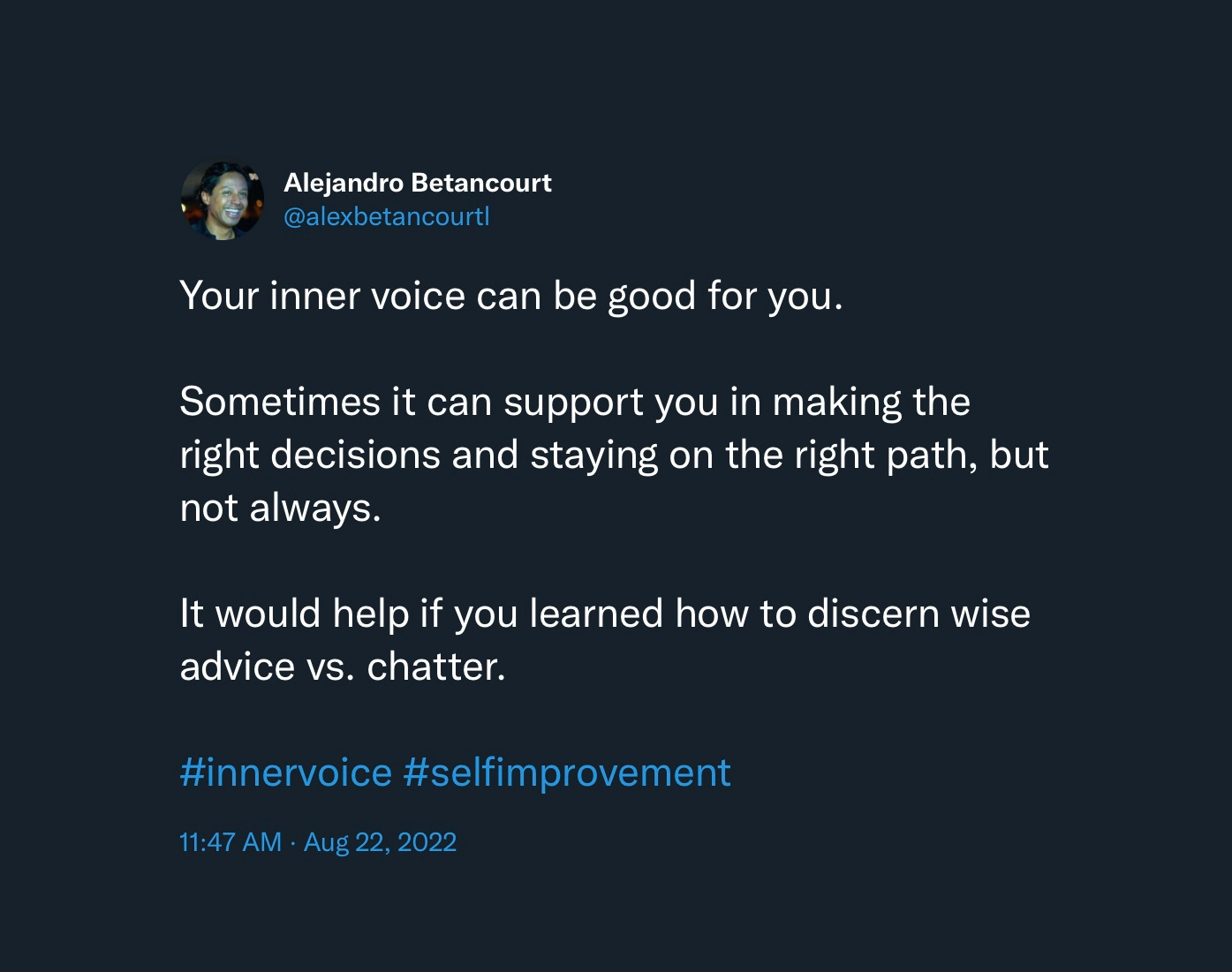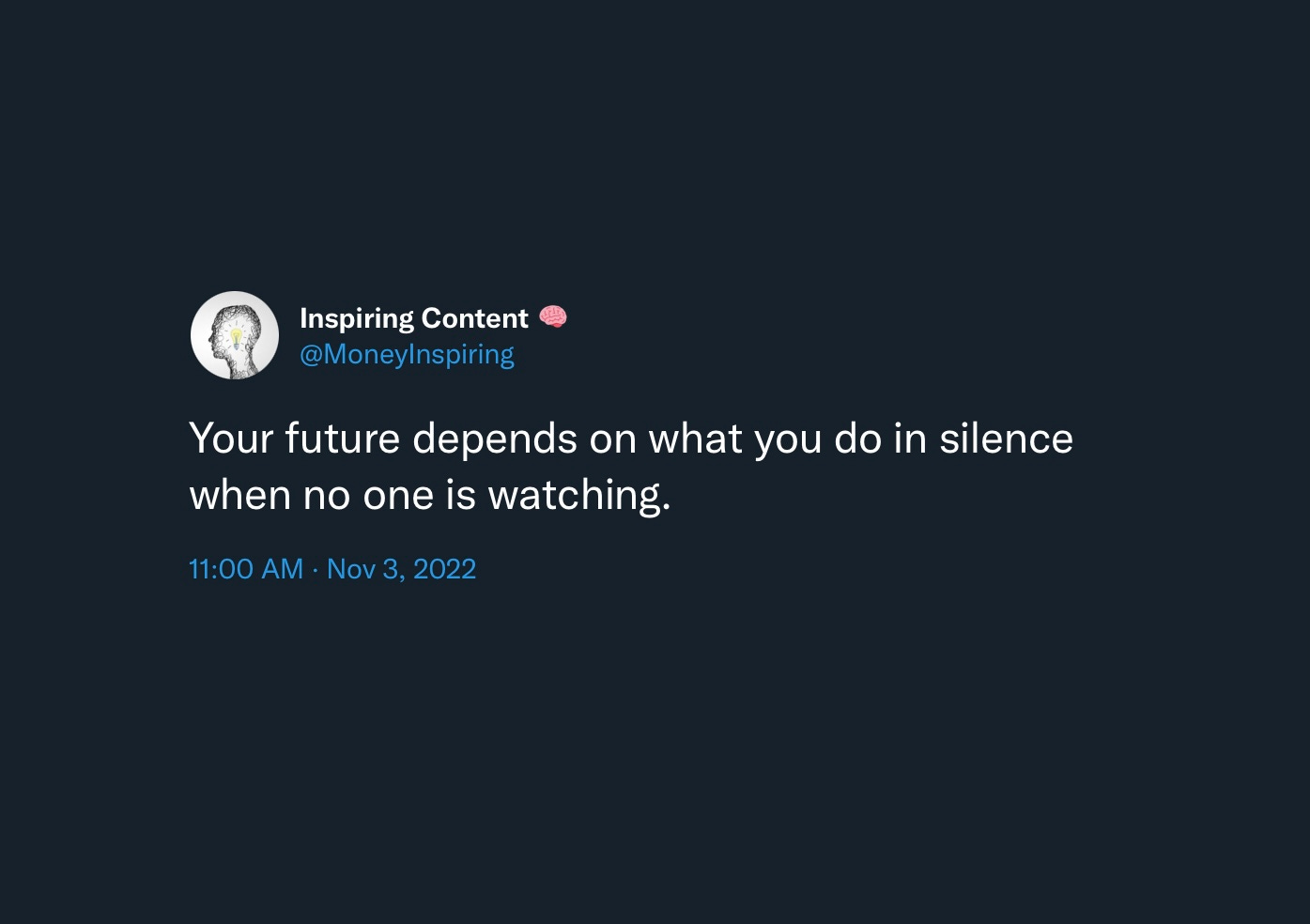“Your emotions make you human. Even the unpleasant ones have a purpose. Don't lock them away. If you ignore them, they just get louder and angrier.” —Sabaa Tahir
Do you ever feel like you’re not supposed to have certain emotions? That somehow, you’re not allowed to feel certain things? -we all do.
We end up bottling up our feelings and dealing with them in unhealthy ways. Sometimes we become so numb that we don’t even feel we have them. Many people feel barren inside -usually, this happens more with men than women.
As a society, we must embrace our vulnerability and emotions. We think of them in “negative” and “positive” terms, but emotions aren’t negative or positive. And they are a vital part of who we are as human beings.
The Problem
The problem with emotions is that we live in a society that doesn’t understand them and is afraid of them. We are taught that they are weak or “unmanly” and that we should suppress them at all costs.
At their core, emotions are biological responses to our environment.
They help us decide how we should act in different situations and guide our behavior in a way that allows us to survive and thrive. When we numb ourselves to our emotions or try to push them away, we cut ourselves off from this information and make it harder for us to navigate the world.
Despite the negative stigma around emotions, they are essential to being human. They give us joy, pleasure, sadness, and meaning and help us connect with other people.
The key is accepting, embracing, and learning how to deal with them.
This means learning how to express, process, and manage them in our everyday lives. It also means creating a society that values emotional intelligence and recognizes the importance of emotional health.
What is Alexithymia?
There is a condition known as “Alexithymia,” and it is more common than you might think.
Alexithymia refers to difficulty expressing or identifying one’s feelings, particularly emotions. People with alexithymia have trouble putting their feelings into words, which can leave them feeling numb, shut down, and disconnected from others. They may also struggle with regulating their emotions, leading to impulsive behaviors like substance abuse or self-harm.
We all experience emotions daily — both “positive” and “negative” — but we fail to recognize their importance in our lives.
If we want to embrace our emotions and live a healthy, fulfilling life, the first step is becoming more aware of them — what do they feel like? Where do they come from? What triggers them? And how can we express them in a way that feels authentic and beneficial?
We also need to learn how to communicate those emotions. This might involve speaking with a friend or partner, writing in a journal, or practicing mindfulness techniques like meditation and deep breathing. The key to dealing with emotions is to accept them rather than fight against them.
Emotions Aren't a Weakness
We live in a culture that idealizes rationality and productivity. We lack proper education about emotions, and many people don’t know how to manage them well.
Regardless of the reason behind our discomfort with emotions, one thing is clear — we need to change how we approach them.
Emotions are not “good” or “bad.” They are just part of who we are as human beings. Learning to embrace and manage them can create a healthier society where emotional intelligence is valued and nurtured.
Women are generally more comfortable expressing their emotions than men, but even women are often shamed for doing so. Men are taught from a young age that emotions make them weak or unmanly. But the truth is that emotions give us valuable insight into our experiences and the world around us.
“One thing you can't hide - is when you're crippled inside.” —John Lennon
The Human Condition
The human condition is characterized by vulnerability or the innate susceptibility to suffering, which we all share.
We are exposed to various physical, emotional, and psychological risks that can lead to pain and hardship at any time. This means we must learn how to accept our vulnerabilities and embrace them as an inevitable part of being human.
The importance of self-compassion in dealing with vulnerability cannot be overstated.
When we practice self-compassion, we can bring kindness and understanding to ourselves during a difficult times. This allows us to view our vulnerabilities as opportunities for growth instead of sources of shame or embarrassment.
With self-compassion, we can learn how to navigate the challenges and obstacles that arise — without feeling overwhelmed or defeated.
The Importance of Emotional Intelligence
As more and more evidence is collected telling us the importance of emotional intelligence, it becomes important to focus on improving this skill set.
Emotional intelligence (EI) can be defined as:
“the capacity for recognizing your own feelings and those of others, for motivating yourself and for managing emotions well in yourself and in your relationships.”
It’s often said that EI is at least as critical to achieving success as conventional measures like IQ. But you don’t need a degree in psychology to build up this invaluable resource. Understanding how we emote helps us understand ourselves better. Developing your EI means learning effective coping strategies that will serve you throughout life, including your relationships and career.
Some of the critical benefits of emotional intelligence include:
Increased self-awareness and self-regulation can help us manage stress.
A deeper understanding of ourselves, others, and the world around us.
Greater resilience in the face of challenges or setbacks.
Improved communication skills and ability to relate to others.
Greater adaptability and flexibility in our thinking and behavior.
The Hidden Costs of Hiding Your Emotions
While it might seem like hiding your emotions is an excellent way to deal with them, there are many negative consequences of suppressing your feelings. Some of the main downsides of bottling up our emotions include the following:
Poor physical and mental health — Withholding our emotions can increase our risk for heart disease, insomnia, high blood pressure, depression, and anxiety.
Lowered self-esteem — When we hide our true thoughts and feelings from the world around us, we may doubt ourselves and feel unworthy or “less than” other people.
Decreased productivity at work and in other areas — Since emotional intelligence is linked with success and achievement, ignoring our emotions can lead to poorer performance.
Ruptured relationships — When we hide our emotions from the people who matter most, we may damage our closest relationships through poor communication or passive-aggressive behaviors.
Emotional intelligence is a crucial skill that can help us succeed. Whether we are dealing with stress, challenging relationships, or setbacks at work, having strong emotional intelligence skills can help us better manage our emotions and navigate difficult situations.
To live happy, healthy lives, it’s essential to develop these skills through self-awareness, stress management, impulse control, empathy, and effective communication. With the right tools and strategies in place, we can feel more empowered and confident in ourselves — no matter what life throws our way.
© BELUMA, LLC t/a Beyond Two Cents. All Rights Reserved.
DID YOU KNOW?
Twelve people have only walked on the moon, all men.
The world's oldest trees are more than 4,600 years old.
Since 99.99% of matter is space, all 7 billion of us could fit into a sugar cube.






